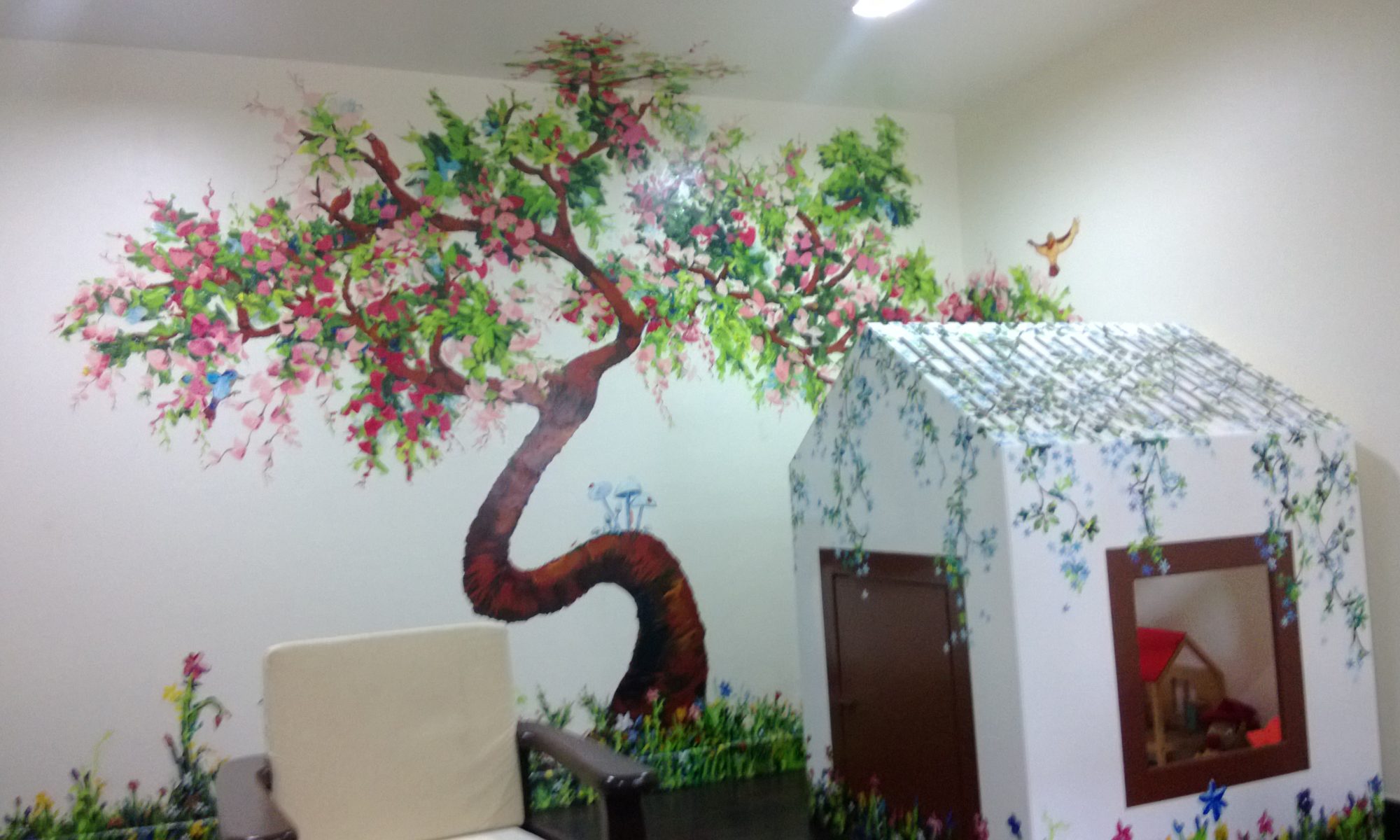Over last few months many mental health practitioners like me have received requests about grief counseling due to death in family (due to Covid 19)
A short article on helping kids deal with early days of grief.
First of all – all bereaved persons do not require grief counseling –
Culture and traditions help us deal with loss of loved ones in most situations and then there are time and life , the great healers.
So please don’t rush in with psychological help on day one. When death is untimely i.e. a person who dies earlier than old age, it can get complicated.
Many factors add to trauma of grief in pandemic –
1. Trauma of finding treatment for Covid19
2. possibility of immediate family being sick or in isolation complicates things. 3. Denial of usual rituals associated with dead.
4. Lack of extended family and friends’ physical presence to soothe the grieving persons
5. Loss of more than one member of family
List just adds up. My focus in this thread is in helping children in the family to deal with first few weeks of grief. Key issue is “primary attachment figure for the child”
The person who is emotionally closest from child’s point of view, who is approached by child to share all good and bad experiences, the person who is child’s support in all aspects is primary attachment figure (simplified) Usually this person is mother. But grandmother, father, elder sibling can also be in this or a similar role.
If primary attachment figure is intact, child are well buttressed to handle grief. What happens when this key person in child’s life disappears suddenly ?
Some simple steps can help the child cope better –
1. Let the child know about hospitalization. Don’t keep it secret.
2. Let the child know about deteriorating condition (if applicable) and passing away of the person.
3. Let another member of family take the role of mother (usually it is grandmother or father in urban families)
4. Let the child realize that they are supported and looked after by actions NOT by repetitive sermons.
5. Whatever belief about “after death” existence is accepted by the family should be offered to the child.
6. Let the child express their grief freely in a manner they find okay. Don’t try to suppress their crying and grief expression because it is too much for you to bear.
7. Offer help at bedtime. Many kids can’t sleep by themselves at such times.
8. Let the child settle down with family before exposing to visitors.
9. Don’t stop the child meeting friends and playing if child desires so.
10. Routine is healing. Let the child carry on with school, play, study activity as soon as possible. I have met kids who attended school next morning. This is perfectly okay.
11. Do not go overboard in caring for the child. Infantalizing them is not a good idea.
12. Let siblings help each other.
13. Children feel safe when they see confident adults around them. Sense of continuation is important for them.
14. Some young children ask “who is going to feed me? Who will take me to toilet? Who will tell me bedtime story?” These are legitimate needs of a young kid. They are not being selfish. They are scared. Give reasonable answers. Let them know that they are supported. It is never easy to talk to or look after a bereaved child. Have faith in nature and our in born ability to overcome loss.
Please do not shut the child away from last visit to the dead. Give the child a choice if they want to see the dead body and pay their respects. This is important for the child. Children as young as 3 or 4 years have participated in last rituals of their mother sitting in lap of father. This can help the child if they desire so.
Let the child move away if they are uncomfortable in the rituals.
Choice should be child’s. I hope none of us face this situation. But life and pandemics don’t follow our wishes.
When should you look for formal psychological help?
Few pointers –
1. Inconsolable state of child even when close family members are available. 2. Serious sleep and appetite disturbances lasting beyond few days
3. Regression – child going to psychological state of much younger age e.g. bed wetting in a grown child 4. Searching for the dead intensively or denial of death lasting beyond few weeks
5. Most importantly – inability to connect with another adult.
Don’t take the child with you for first professional consultation if possible. Many times it is possible to help the child via family members.
I hope you and friends don’t have to face this situation and all this information is completely wasted.
May the force be with us all.
